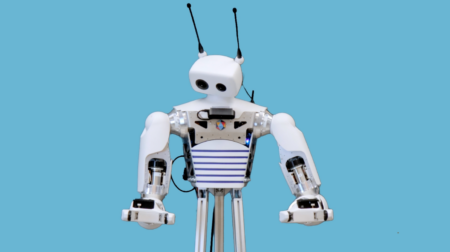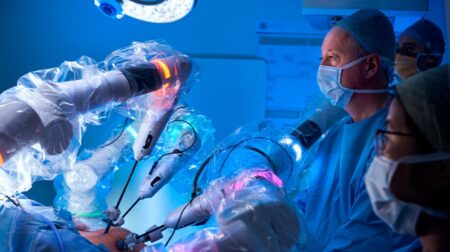An automation project designed to enhance the speed and scale of brain disease research is underway in the USA.
The Jan and Dan Duncan Neurological Research Institute (Duncan NRI) at Texas Children’s Hospital, a US neuroscience research institute based in Houston, has implemented the Linq automation platform for human cellular model generation, maintenance, and characterisation, from UK life science automation company Automata Technologies.
A specialist in paediatric and adult neurological disease research, the Duncan NRI aims to understand and discover novel therapies for autism, Parkinson’s, Alzheimer’s, epilepsy, and many other brain disorders.
It has partnered with Automata to introduce high-throughput automation for a human cell model research programme.
According to Automata, human-derived stem cells enable the creation of powerful disease models tailored for individual patients and can therefore accelerate the discovery of personalised and precision therapies.
Automata’s Linq platform facilitates both the automation of large-scale cell culture along with cell-based assays, allowing researchers to process more samples at a faster rate while maintaining data quality.
WATCH: Robots help guide self-managed rehabilitation for stroke and brain injury survivors
The system includes live microscopy and high-density microelectrode arrays, permitting automated, continuous monitoring of cell structure and function that can reveal how disease affects brain circuit connections and activity over time.
Human neuron models derived from stem cells can also be deployed for more complex, three-dimensional “mini-brain” disease models.
“With this new platform, Duncan NRI investigators can conduct more powerful, large-scale longitudinal studies of diverse neural stem cell models, which will allow us to probe the structure and function of diverse brain cells in healthy and disease states,” said Dr Joshua Shulman, co-director of Duncan NRI.
“We will be able to create ‘precision models’ from individuals affected by brain disorders that will help us better understand disease pathogenesis and develop more targeted effective therapies for patients and families impacted by neurodevelopmental and neurodegenerative disorders.”
Innovations and achievements in life sciences and healthcare will be highlighted and celebrated at the second annual Robotics & Automation Awards on 06 November 2024 at De Vere Grand Connaught Rooms in London. Visit www.roboticsandautomationawards.co.uk to learn more about this unmissable industry event – and to book your table!








